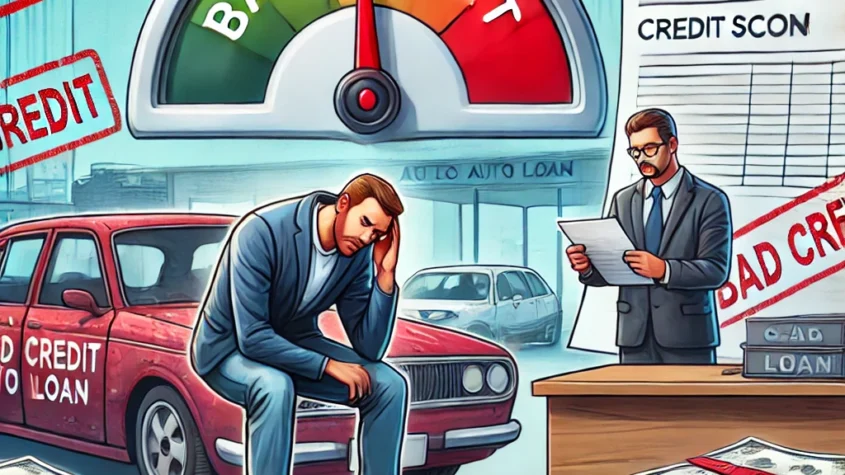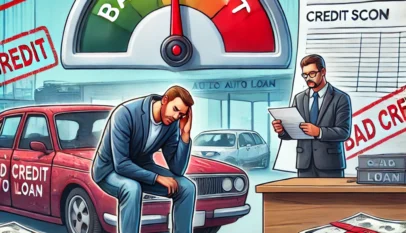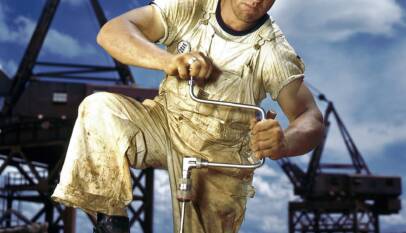
Many homeowners in Ontario seek financial flexibility in retirement, and reverse mortgages offer a potential solution. A reverse mortgage Ontario allows seniors to access a portion of their home equity while remaining in their residence, providing funds for living expenses or other needs without the obligation of monthly repayments. This financial tool can be particularly beneficial for those looking to enhance their retirement lifestyle or cover unexpected costs.
Understanding how reverse mortgages work is crucial for informed decision-making. Borrowers retain ownership of their homes, and the loan is repaid when they sell the property or pass away. This arrangement can alleviate financial stress, making it easier for retirees to manage their finances without sacrificing their home.
For those considering this option, it is essential to weigh the pros and cons and consult with a financial advisor. The right information can empower individuals to make choices that align with their financial goals and enhance their quality of life in retirement.
Understanding the Reverse Mortgage Process
The reverse mortgage process involves several key components that applicants should be aware of. Understanding eligibility, loan amounts, fees, and property assessments can significantly influence a potential borrower’s decision.
Eligibility Criteria for Applicants
To qualify for a reverse mortgage in Ontario, several criteria must be met. Applicants must be at least 55 years old and own a home with sufficient equity.
The home must be the applicant’s primary residence, meaning it is where they live most of the year.
Additionally, the applicant should possess a good credit score, although exact requirements can vary among lenders.
Lenders may also consider the borrower’s income to ensure they can cover property taxes and insurance.
Calculating the Borrowing Amount
The amount borrowers can receive through a reverse mortgage primarily hinges on their age, home value, and current interest rates.
Typically, older homeowners can access a larger percentage of their home equity.
For instance, a borrower aged 65 may be eligible for around 40% of the home’s appraised value.
Lenders assess the property’s market value through an appraisal to determine how much equity is available.
In addition, homeowners should be aware of the potential impacts of accrued interest on the total amount borrowed.
Interest Rates and Lending Fees
Interest rates for reverse mortgages are generally higher than traditional mortgages.
Fixed and variable rate options are available, and they depend on the lender’s policies and the overall economic climate.
Borrowers should also anticipate various fees, including appraisal fees, legal fees, and administrative charges.
These costs can vary widely, making it essential for borrowers to request a detailed breakdown before committing to a loan.
Understanding these financial implications helps borrowers make informed decisions.
Property Assessment and Appraisal
A property assessment is a crucial step in the reverse mortgage process, as it determines the home’s market value.
Lenders typically require a professional appraisal, which evaluates the property’s condition, location, and comparable sales in the area.
This assessment helps establish the amount of equity available for borrowing.
Homeowners may need to cover the appraisal costs upfront, which can vary based on the property’s complexity and location.
Choosing a licensed appraiser is vital to ensure an accurate valuation and comply with lender requirements.
Legal and Financial Implications
Understanding the legal and financial ramifications of reverse mortgages is essential for homeowners considering this option. There are several key areas to examine, including impacts on estates, tax obligations, and the benefits and drawbacks of reverse mortgages.
Impact on Estate and Heirs
When a homeowner takes out a reverse mortgage, the loan must be repaid when the homeowner passes away, sells the house, or moves out. This repayment typically comes from the sale of the home, which can affect the inheritance left to heirs.
If the house’s value has increased, heirs might benefit from the remaining equity after the mortgage is paid off. Conversely, if the home’s value has decreased or if the loan balance exceeds the property value, heirs could receive little to nothing.
Heirs also have the option to keep the home by paying off the reverse mortgage. This decision requires careful consideration of the existing debt and the home’s value.
Tax Considerations and Obligations
Funds received from a reverse mortgage are generally not considered taxable income, which can be beneficial for homeowners. This means that the money withdrawn does not increase the homeowner’s taxable income for the year.
However, property taxes remain the homeowner’s responsibility. Failure to pay property taxes or maintain homeowners insurance can lead to foreclosure, which affects the legal standing of the reverse mortgage.
Additionally, if the homeowner moves out or passes away, the loan becomes due. This situation can create financial obligations for the estate, especially if there are inadequate funds to cover the loan balance.
Pros and Cons of Reverse Mortgages
Reverse mortgages offer distinct advantages and disadvantages that homeowners must weigh.
Pros include:
- Access to funds without monthly mortgage payments.
- Preservation of cash flow during retirement.
- Flexibility in using the funds for various expenses.
Cons include:
- Accumulation of interest over time, increasing the debt.
- Potential impact on heirs and estate planning.
- Obligation to maintain the home and cover taxes and insurance.
Homeowners should evaluate both sides carefully to determine if a reverse mortgage aligns with their long-term financial strategy.
House for Sale at Mississauga: Top Listings and Market Insights
Many buyers are interested in finding a house for sale in Mississauga due to its diverse n…









